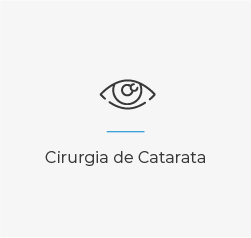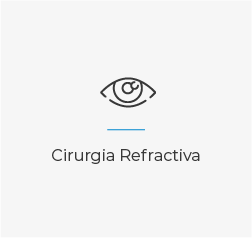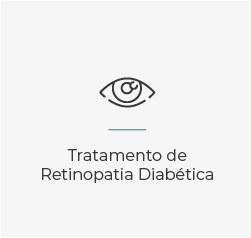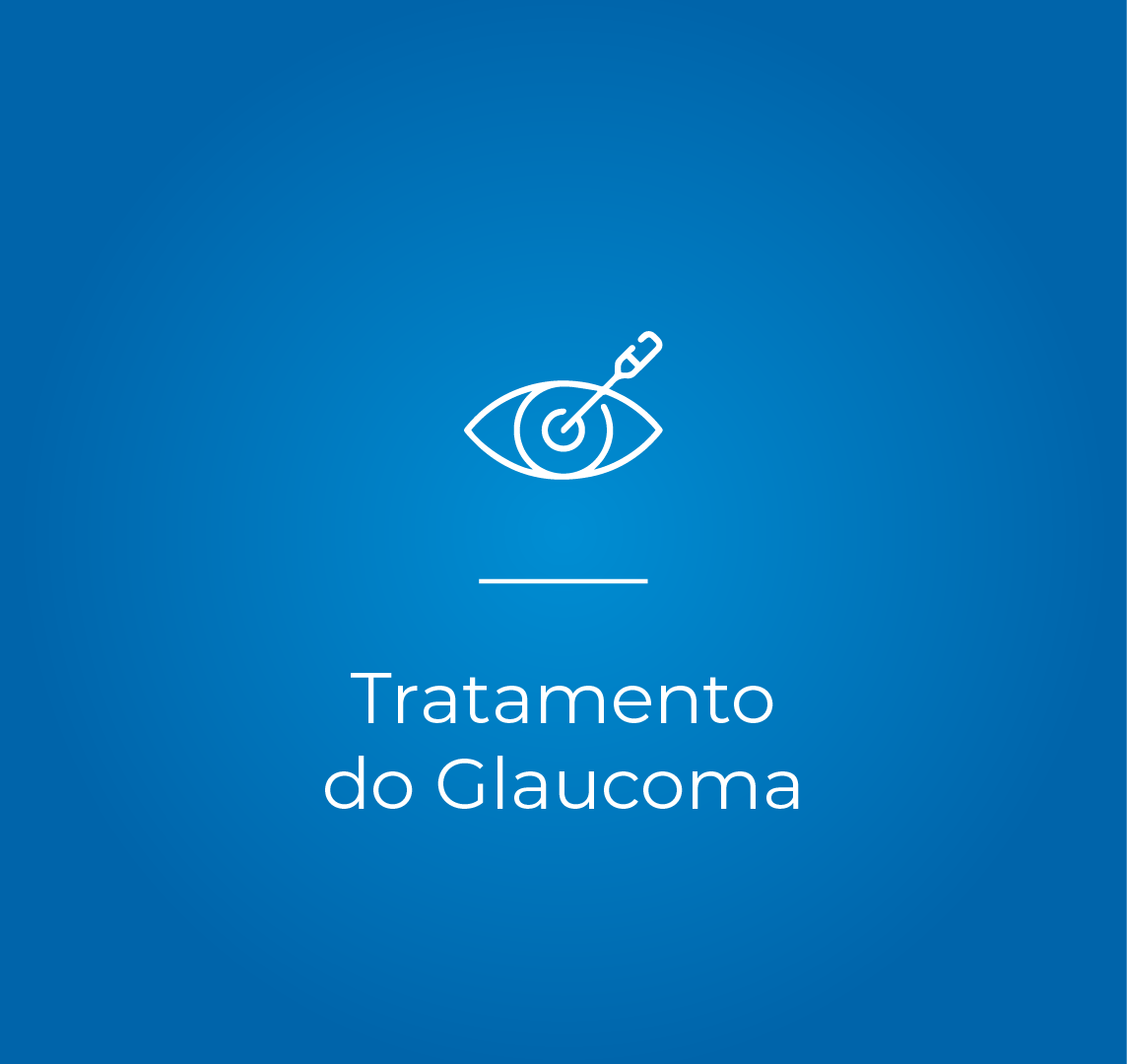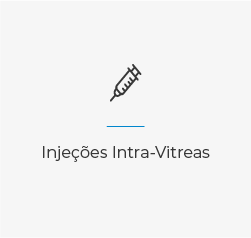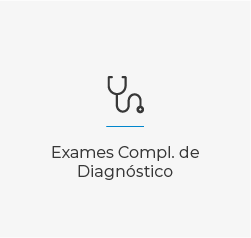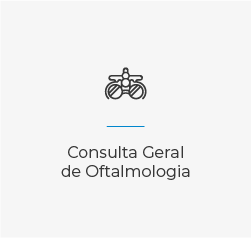GLAUCOMA TREATMENT
Glaucoma is a degenerative disease which affects the optic nerve and can cause progressive and painless loss of vision.
It is characterised in the early stages by loss of peripheral vision. As the disease progresses, the loss of vision progresses, reaching central vision loss in a terminal phase.
Glaucoma is one of the main causes of blindness in Portugal, especially among older people. It is a disease of the optic nerve that arises from increased intraocular pressure - pressure inside the eye. This optic nerve is responsible for taking the images we see to the brain and the greater the pressure inside the eye, the greater the possibility of damaging the optic nerve will be.
There is no cure for Glaucoma, however, at an early stage, treatment can be given not to restore lost vision, but to prevent it getting worse.
Treatment is carried out with topical medicines (drops or gel) that lower the intraocular pressure. In some cases it may be necessary to apply more than one eye drops for greater therapeutic effectiveness.
When pharmacological treatment is not sufficient, laser or surgery is used, depending on the progression of the disease (loss of visual acuity, alteration of the visual field and optic nerve damage).
With any type of glaucoma, regular check-ups are of great importance to prevent loss of sight, as glaucoma can worsen unknowingly and treatment can be changed over time.
As a general rule, the damage caused by glaucoma cannot be reversed. Eye drops (medicine designed to be applied to the eyes, composed of water and other components, whose purpose is to moisten the eyeball), medication and surgery are prescribed in order to prevent or stop further lesions from occurring.
- Medicines
Glaucoma is usually controlled by eye drops applied several times a day, sometimes combined with tablets. Such medications lower eye pressure either by slowing the production of aqueous fluid within the eye or by improving the flow out of the drainage angle.
For these medicines to work properly, you need to take them regularly and continuously. It is also important to inform all your doctors about the medicines you are taking. Specific medicines for the treatment of glaucoma can have side effects and your ophthalmologist should be informed immediately if you think you are developing side effects.
Some side effects that eye drops can cause:
- burning sensation;
- red eyes;
- cloudy vision;
- headache;
- changes in pulse or heartbeat
- breathing.
Some of the medicines can also cause:
- tingling in the fingers and toes;
- drowsiness;
- loss of appetite;
- intestinal irregularity;
- kidney stones
- Laser surgery
Treatment with laser surgery can be effective for different types of glaucoma. The laser is usually used in two ways:
- In open angle glaucoma, the laser is used to increase the drainage of aqueous humour (trabeculoplasty) to help control eye pressure.
- In closed angle glaucoma, the laser creates a hole in the iris (iridotomy) to improve the flow of aqueous fluid to the drainage site.
- Operative surgery
When surgery is needed to control glaucoma, your ophthalmologist uses miniaturised instruments to create a drainage channel for the aqueous fluid to leave the eye, so that this new channel helps lower the pressure.
Although complications from modern glaucoma surgery are rarely serious, they can occur, as with any surgical intervention. Surgery is only recommended if your ophthalmologist believes that the best treatment is to operate, to prevent further damage to the optic nerve.
Treating glaucoma requires you and your ophthalmologist to form a team. Your ophthalmologist can prescribe the best treatment for glaucoma, but it is up to you to make sure you apply the eye drops and take the medicines as prescribed.
Never stop taking your medication or change your prescription without first consulting your ophthalmologist. Frequent eye examinations and tests are vital to check any changes in your eyes. Remember, this is about your eyesight, and you must do your part to preserve it.
CONTACTS
COIMBRA
Rua Câmara Pestana, n.º 35-37
3030-163 Coimbra, Portugal
Phone: +351 239 484 348
(National fixed line call)
Mobile: +351 966 320 022
(Call to national fixed line network)
Fax: +351 239 481 487
(Call to a national landline network)
E-mail: emc@oftalmologia.co.pt
AVEIRO
Lourenço Peixinho, Nº 177-179, 2nd floor
3800 - 167 - Aveiro
Phone: +351 234 382 847
(Calling to national mobile network)
Tlm.: +351 918 644 767
(Call to national mobile network)
E-mail: aveiro@oftalmologia.co.pt
FORM
COIMBRA
Espaço Médico de Coimbra
Rua Câmara Pestana, n.º 35-37
3030-163 Coimbra, Portugal
Phone: +351 239 484 348 /Telm: +351 966 320 022
Fax: +351 239 481 487
E-mail: emc@oftalmologia.co.pt
AVEIRO
Rufino Silva - Clínica Oftalmológica
Av. Lourenço Peixinho, Nº 177-179, 2º andar
3800 - 167 - Aveiro
Phone: +351 234 382 847
Mobile: +351 918 644 767
E-mail: aveiro@oftalmologia.co.pt
COIMBRA
Espaço Médico de Coimbra
Rua Câmara Pestana, n.º 35-37
3030-163 Coimbra, Portugal
Phone: +351 239 484 348 /Telm: +351 966 320 022
Fax: +351 239 481 487
E-mail: emc@oftalmologia.co.pt
AVEIRO
Rufino Silva - Clínica Oftalmológica
Av. Lourenço Peixinho, Nº 177-179, 2º andar
3800 - 167 - Aveiro
Phone: +351 234 382 847
Mobile: +351 918 644 767
E-mail: aveiro@oftalmologia.co.pt
